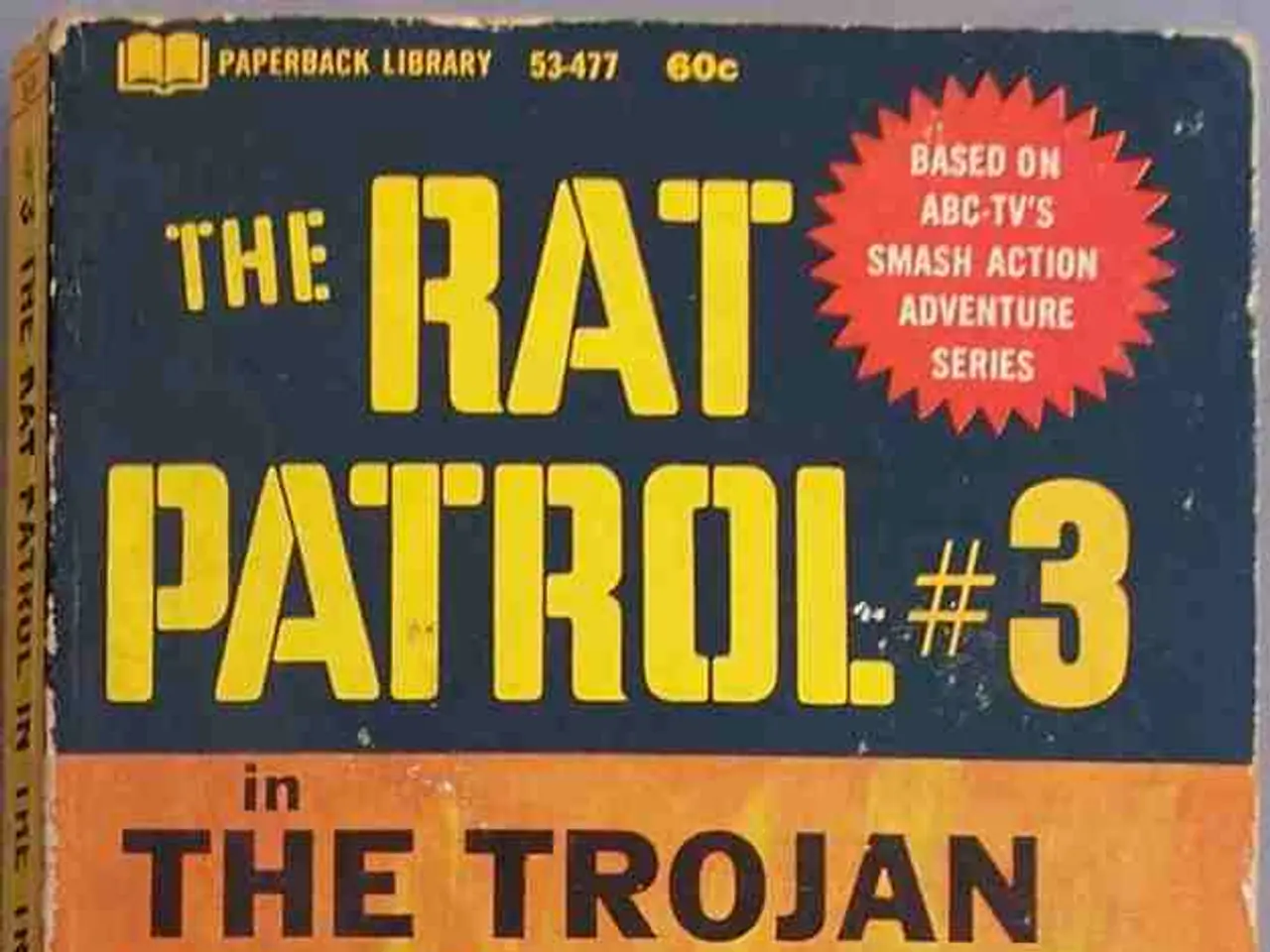Trump Pondering MAGA's Support for Ukraine?
In a significant development, President Donald Trump has announced his decision to send weapons to Ukraine through NATO, as part of the country's defence against Russia's invasion. This move marks the first significant aid contribution to Ukraine since his administration began.
Recent polls indicate a significant partisan divide in the U.S. regarding support for Ukraine, reflecting on President Trump's base. According to a poll by the Chicago Council on Global Affairs, only 50% of Republicans now support continued arms aid to Ukraine, a marked decrease from 80% at the beginning of the war in February 2022.
One of the key reasons behind this divide is the perception of the effectiveness of U.S. support for Ukraine. Republicans are less likely to believe that U.S. aid has been "worth the cost." Only 38% of Republicans support the notion that aid has been worth it, compared to 69% of Democrats.
The Pew Research Center polling from March showed that only 25% of Republican-leaning Americans were "extremely" or "very" concerned about Russia defeating Ukraine. However, 48% of Republicans were at least "somewhat" worried about a peace deal being too favorable to Russia.
While many Republicans' views on Ukraine appear soft, their sentiments on Russia have turned on a dime, always in the direction Trump guided them. Trump's tougher stance towards Russia follows years of equivocations and a seemingly kid-gloves approach to Russia.
Trump's decision to send weapons to Ukraine comes at a politically complicated time for him, as he is currently dealing with a backlash from his MAGA base over the administration's botched handling of files related to Jeffrey Epstein. The timing of the announcement during a meeting with NATO Secretary General Mark Rutte in the Oval Office is significant, as it signals a potential shift in U.S. foreign policy towards Russia.
Despite the partisan divide, a significant portion of Americans, including Republicans, support negotiations to end the war. About 70% of Americans want the U.S. to push for a negotiated peace, with 40% of Republicans favouring this approach.
Trump's announcement also sets a new deadline for Russia, threatening trade consequences and secondary sanctions if a peace deal isn't reached in 50 days. This move is aimed at putting pressure on Russia to negotiate a peace deal that is fair to Ukraine.
However, it is important to note that the Gallup survey revealed that only 27% of Republicans believed Putin was committed to a lasting peace with Ukraine. This suggests that while Republicans may support negotiations, they remain sceptical about Russia's intentions.
In conclusion, President Trump's decision to send weapons to Ukraine through NATO marks a significant shift in U.S. foreign policy towards Russia. While there is a significant partisan divide in the U.S. regarding support for Ukraine, there is also a strong desire for diplomatic solutions to the conflict across party lines. The next 50 days will be crucial in determining whether a peace deal can be reached and whether Trump's tougher stance towards Russia will pay off.
[1] Chicago Council on Global Affairs, "U.S. Public Opinion on Ukraine: A Shift in American Attitudes," 2022. [2] The Washington Post, "Trump to send weapons to Ukraine through NATO to support its defense against Russia's invasion," 2022. [3] Pew Research Center, "U.S. Public Opinion on Russia-Ukraine Conflict," 2022.
The partisan divide in the U.S. about support for Ukraine, as reflected in recent polls, has caused a marked decrease in the percentage of Republicans supporting continued arms aid to Ukraine. For instance, a poll by the Chicago Council on Global Affairs shows only 50% of Republicans now support continued aid, compared to 80% at the beginning of the war in February 2022. Additionally, the Pew Research Center polling from March indicates that while a significant portion of Americans, including Republicans, support negotiations to end the war, only 25% of Republican-leaning Americans are "extremely" or "very" concerned about Russia defeating Ukraine.
Despite the partisan disagreements, the announcement by President Trump to send weapons to Ukraine through NATO signifies a shift in U.S. foreign policy towards Russia, and it is significant as it signals a potential change in the country's policy regarding war-and-conflicts. The announcement comes at a politically complicated time, as Trump is currently dealing with a backlash from his MAGA base over the administration's botched handling of files related to Jeffrey Epstein. The move is also aimed at policy-and-legislation, as it sets a new deadline for Russia, threatening trade consequences and secondary sanctions if a peace deal isn't reached within 50 days. The next 50 days will be crucial in determining whether a peace deal can be reached, and whether Trump's tougher stance towards Russia will pay off.






